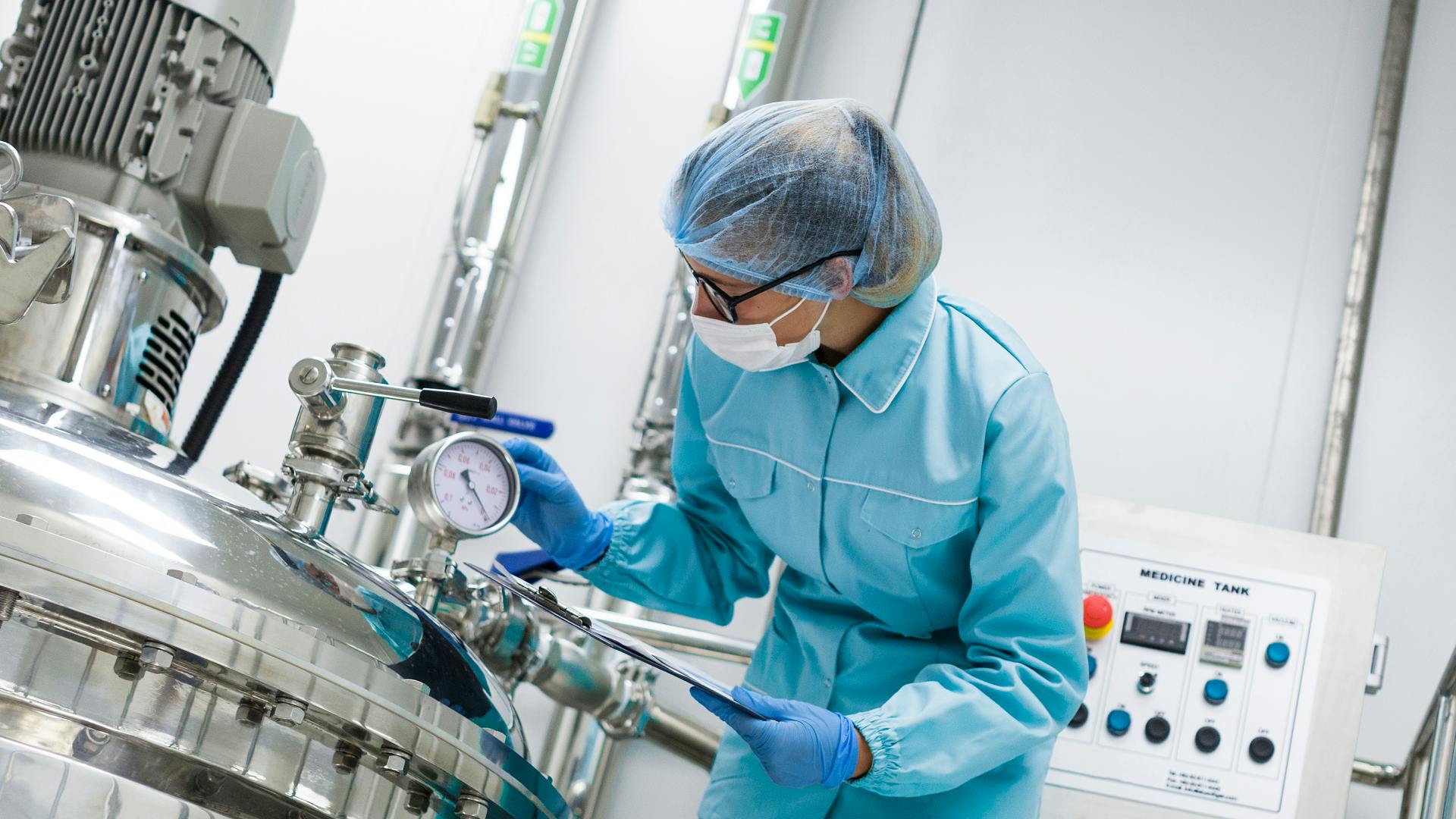Multiphase gas-liquid reactors are common unit operations in bioprocessing, chemical, and petrochemical industries. Some examples of this include fermentation, sewage treatment, hydrogenation, chlorination, gas-liquid polymerization, and functionalization. The rapid gas-liquid mass transfer coupled with mixing and gas sparger makes the application of these reactors very efficient. Optimized gas-liquid reactor results in time savings and increased profitability. However, design, scale-up, and optimization of these multiscale multiphase reactors are all still challenges in the industry.
Join this webinar and learn about real industry application cases of CFD (Computational Fluid Dynamics) for accurate modeling of complex bio/chemical reactors. Experts will introduce a rapid scale-up and optimization process using high-fidelity models.
Multiphase (gas-liquid-solid) reactors requirements
The biological and chemical reactions in the multiphase reactors require adequate heat transfer, mass transfer (gas and liquid, liquid to surface of solid), and mixing.Balancing the correlation between these parameters for scale-up and technology transfer is difficult due to the system's nonlinearities.
Typically, an optimized process works with a low degree of freedom and narrow design space. A manufacturing scale bioreactor should have proper mixing and mass transfer but low shear to avoid damaging the microorganisms and biological cells.
Leveraging CFD to optimize multiphase reactors
The experimental approach for scale-up and optimization of multiphase reactors is very expensive and time-consuming. The biological and chemical systems are complex, in addition to the complicated physical phenomena involved. Therefore, the interaction of bio/chemistry and scale-dependent phenomena (such as mixing) could strongly alter the process performance. In addition, the cost and resources associated with the scale-up limit the
experimental optimization success.
CFD simulations enable studying the interaction between the bio/chemical process and the scale-dependent mixing parameters and developing an optimized process in a rapid and efficient manner. The virtual case studies, scenarios, and multidimensional virtual DoE and optimization can be performed by CFD simulation in-silico for a wide range of parameters and goals.
The role of CFD in scale-up and optimization of multiphase gas-liquid-solid reactors
Join this webinar and learn more about:
- The importance of understanding the critical process parameters (CPP)of operation and design of multiphase reactors (fermentation and hydrogenation)
- How to apply CFD simulations to lab and commercial scale bioreactors to meet the CPP requirements
- How to approach equipment and process optimization with high-fidelity simulations
Meet the speakers

Dr. Nima Yazdanpanah
Principal Consultant
Nima is a consultant specializing in advanced manufacturing, modeling, and simulation for the bio/pharmaceutical and fine chemical industries. His expertise includes process design, continuous manufacturing, simulation, particulate systems, digitalization, and regulatory compliance. With over 20 years of experience spanning pharmaceuticals, petrochemicals, specialty chemicals, and food industries, he has worked in R&D, process design, regulatory, and MSAT roles.
As the founder of Procegence (Process Intelligence), Nima helps clients optimize process development, scale-up, tech-transfer, and product launches, enabling faster, more cost-effective, and sustainable outcomes. Previously, he was a research scientist at the FDA, contributing to advancements in pharmaceutical manufacturing technologies.
Nima earned his PhD from The University of Sydney and completed postdoctoral research at MIT. He has received multiple awards, published extensively, holds two patent applications, and serves on advisory committees and review panels

Dr. Jorge Lopez
Senior CFD and Process Design Engineer

Dr. Ravi Aglave
Director, Chemical & Process Industries
